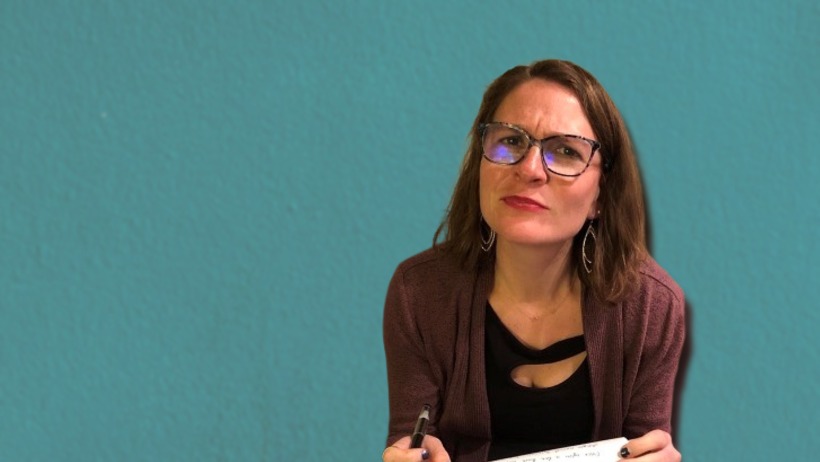I have the bad habit of repeating my favorite stories. I don’t mean children’s stories, I mean personal stories. The ones I repeat are usually those that have changed my perspective somehow or have been otherwise impactful in my life. Despite their significance (to me) I often hear, “You’ve already told me that story” from my kids and my friends alike. Truth be told, I often have to reread my past weekly articles to make sure I’m not doing the same thing here.

The urge to retell a story isn’t just because of loss of memory. It is precisely the opposite; it is because of the importance of that moment, the outcome, or the lesson that we retell a story. It’s not the act of forgetting we said something, it’s the act of remembering how important it was. It’s easy to point to our yearly Jewish cycle and the repetition of stories from Passover, Purim, Hannukah, and Sukkot. We tell those stories and they become alive because we actively celebrate. We dress up, eat special food, and sleep outside. We do something to mark the moment. But what about the rest of the Torah that we read each year? How does that repetition benefit us? Furthermore, what about the repetition within the Torah?
This week we read a double portion, Vayakhel and Pekudei. The narrative continues with the requirement to observe Shabbat and then includes the request to bring gifts to build the Mishkan. Following that, Betzalel and Ohilav are appointed as the taskmasters of the construction project, and we hear about the abundance of gifts the Israelites brought to the Tabernacle. Parshat Pekudei deals with the final judgments about who will work on the Tabernacle and what the priests are supposed to wear. Finally, the text takes up the building and establishment of the Mishkan, the sacred space where God will dwell among the Israelites.
When we read any of our sacred texts, we’re told that no word should be taken for granted, that every word has meaning and then some. However, this section of text, which closes the second book of the Torah, is repetitive in nature. So, why would God or Moses include this repetition? Often, repetition is meant to emphasize something in storytelling, like the chorus of a song. Perhaps the Torah is suggesting that creating a space of gathering is so critical for our people, it bears repeating.
During the height of the pandemic, we felt the strain of not being able to gather together. It reinforced the importance of a physical structure, the meeting place, where we know we’ll be welcomed and connected. That’s not to say that my retelling of old stories holds the same value, but it is often the case that we repeat what is most meaningful. In the case of this week’s Torah portion, clearly that means gathering together as a community. When we do that, we are indeed fulfilling the words we say at the end of each book, which of course have their own internal repetition: “Hazak, hazak, v’nithazek.” Let us be strong, and strengthen one another.
– Rabbi Eve Posen
Source: Can You Repeat That? – Parshat Vayakhel-Pekudei 5783



